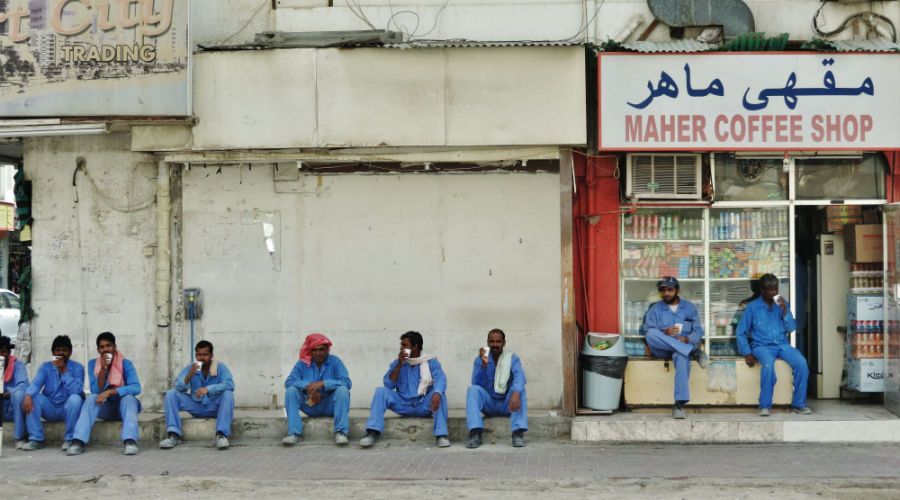Savings: The app rewarding the masses

Over the past few years, several startups catering to the unbanked have emerged, targeting those who wish to gain access to basic financial services. According to the World Bank’s Global Findex Database 2021 about half of the Middle East and North Africa’s (Mena) population do not have a bank account. The need to incorporate the region’s unbanked population became apparent in the past few years as digitisation has become more rampant.
For Kashif Ahmad Khan, providing basic banking services is only the initial step in financial inclusion. To him, the perks and services that come with having a credit card should be made available to those who do not have the same levels of access.
“I realised there is a huge gap in different lifestyle services to people. There are 10 million people [in the UAE] seven million are blue collar and medium income workers,” he says. “Those who earn Dh5,000-Dh7,000 don’t have a bank account and they don’t have access to different rewards and discounts. They don’t get those perks.
So in 2019, Khan built a platform called Savings, the first rewards programme for the masses, providing discounts across a variety of services including remittances, food and airport transfer.
“All these perks were bundled and we partnered with 4,000 merchants in the UAE across different categories, food, laundry, healthcare, we partnered with one healthcare company and they offered 58 [medical] tests for Dh100,” he says.
According to a Nielsen study, 84 per cent of consumers are more likely to engage with a brand that offers a loyalty programme. The benefit for these merchants was an opportunity to tap into a large customer base and encourage repeat custom.
“We gave them a platform to help them create real-time offers and reach out to a large customer base in one click. You see global pizza chains offering rewards with the banks, where the customer has the appetite to pay, but they’re not providing these offers to the masses, which can be the next big customer base for them,” says Khan.
For the customers, loyalty is rewarded with discounts via the app. The small, incremental savings add up allowing for “micro savings”.
The startup operates a subscription model, charging just Dh1 per month per user, making it affordable for the blue collar workers in the region. Savings has also positioned its platform as a corporate benefits package, whereby employers pay the subscription on behalf of their employee.
The startup now has a customer base of two million in the UAE, after launching the platform a year ago. Khan raised an angel round from friends and family but eschewed raising further funds, given how quickly the platform began to turn a profit.
Moving forward, Savings is looking to add more service offerings to encourage its users to develop saving habits, including a savings account.
“They can link their salary account and with that, they can do micro savings. Lots of entrepreneurs and startups are building products for this space, we want to complement them with more service offerings,” says Khan.
It is also looking to expand to Saudi Arabia, India and North Africa, with a focus on exploring Morocco and Tunisia. Its target market accounts for about 60 per cent of the working population according to Khan with a target to reach five million customers by the first quarter of next year in the UAE.
The financial inclusion space is not without its challenges however, from customer education to onboarding retailers.
“It’s a very new product for our target market, and it is taking some time for them [users] to adopt it and use it every single day. The biggest challenge is merchant onboarding, getting 4,000 merchants onboard takes time and energy,” says Khan
The other challenge is that a lot of its customers do not have smartphones and easy access to the internet, so Savings developed a physical card with a QR code, which they can use at a retail outlet where they are provided with a discount.
“The fortune lies at the bottom of the pyramid. Everybody makes money out of them rather than giving them a better service,” he says. “We are helping people save 10-20 per cent on each partnership, we are focusing on everyday needs and making a huge impact on the lives of people who are underbanked with little access to money.”


